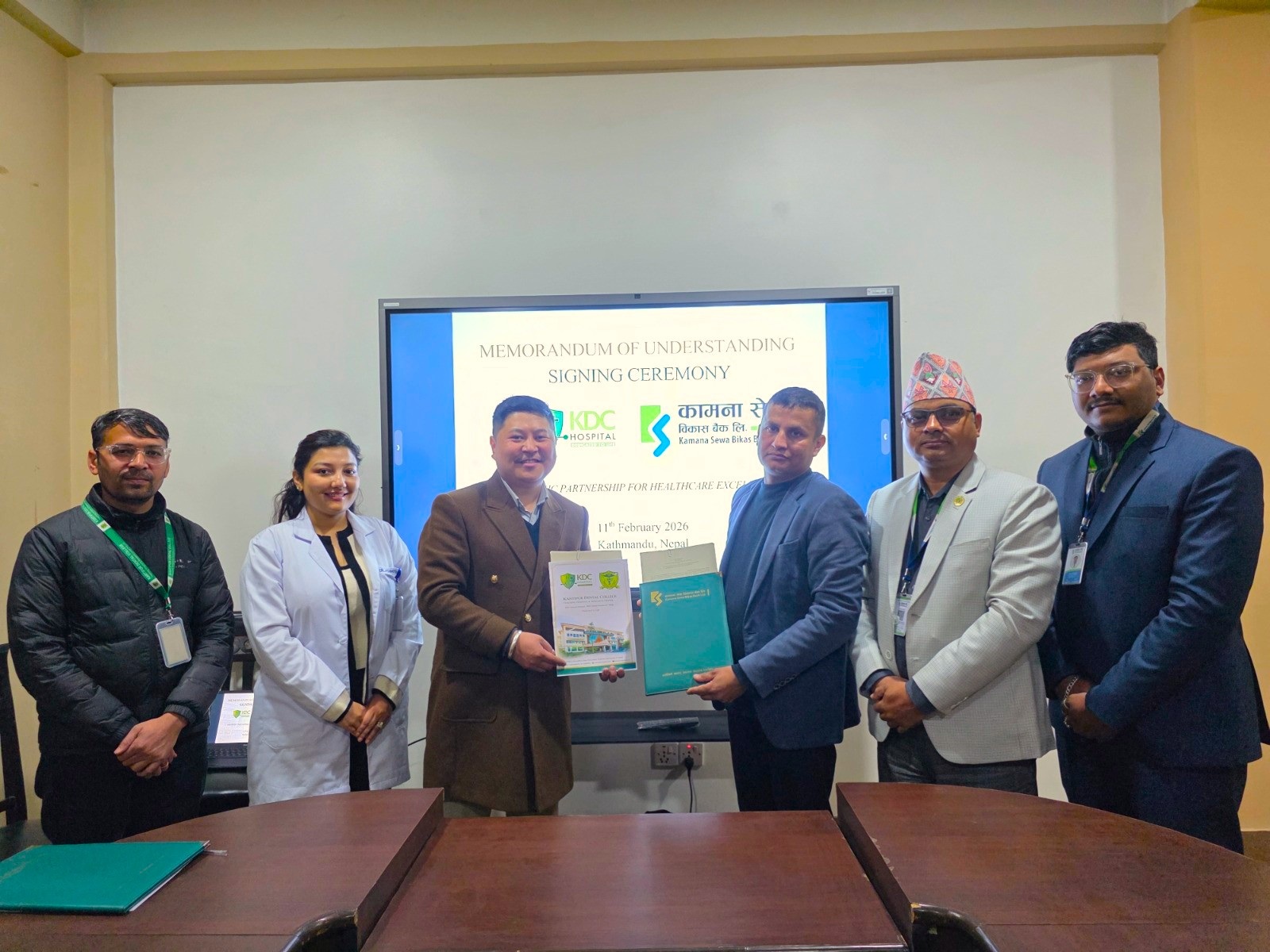Nepal Celebrates First-Ever National Millet Day: A Leap Towards Food System Diversification
2nd August 2025, Kathmandu
In a landmark move to revitalize traditional crops and enhance food security, Nepal proudly marked its first-ever National Millet Day on 1st August 2025.
National Millet Day 2025
This significant initiative saw the Food and Agriculture Organization (FAO) joining forces with Nepal’s Ministry of Agriculture and Livestock Development (MoALD), the National Farmers Group Federation (NFGF), and ANAJ to celebrate the humble yet powerful grain.
The inaugural National Millet Day underscores a crucial effort to promote millet cultivation across the nation, especially amidst concerns over declining production trends. The timing of the celebration, coinciding strategically with the millet planting season, aims to encourage farmers to embrace this nutritious and climate-resilient crop.
First Millet Plantation Program Kicks Off in Bhaktapur
A key highlight of the day was the organization of the first National Millet Plantation Program in Tathali, Bhaktapur. This event served as a practical demonstration of commitment to boosting millet production and was graced by a distinguished array of guests.
The program saw the esteemed presence of Hon. Ram Nath Adhikari, Minister for the Ministry of Livestock and Development. He was joined by Dr. Govinda Prasad Sharma, Secretary, MoALD, and Dr. Deepak Kumar Kharal, Secretary, MoALD, signifying the government’s strong backing for this agricultural revival. Representing an international partnership, Mr. Ken Shimizu, FAO Representative for Bhutan and Nepal, also actively participated, reinforcing FAO’s dedication to Nepal’s food systems.
The event witnessed robust participation from a wide spectrum of stakeholders, including representatives from NFGF, ANAJ, local governments, dedicated farmers, enthusiastic youth, and key media personnel, all converging to celebrate this important occasion.
Why Millet Matters for Nepal’s Future
The joint celebration of National Millet Day by FAO, MoALD, NFGF, and ANAJ is a clear testament to a shared vision for a more diverse and resilient food system in Nepal. Millet, often hailed as a “superfood,” offers numerous benefits:
Nutritional Powerhouse: Millets are rich in essential nutrients, fiber, and protein, making them vital for addressing malnutrition and improving public health.
Climate Resilience: These hardy grains require less water and can thrive in diverse agro-climatic conditions, making them ideal for adapting to the challenges of climate change.
Agro-biodiversity: Promoting millet cultivation contributes to preserving agricultural biodiversity, reducing reliance on a few staple crops.
Economic Opportunity: Increased cultivation can open new avenues for farmers, strengthening their livelihoods and contributing to rural economic development.
This initiative is a significant step forward in FAO’s ongoing commitment to support Nepal in diversifying its food systems, promoting agro-biodiversity, and strengthening resilient livelihoods for its people. The success of the first National Millet Day sets a promising precedent for the future of sustainable agriculture in Nepal.
For more: National Millet Day 2025








